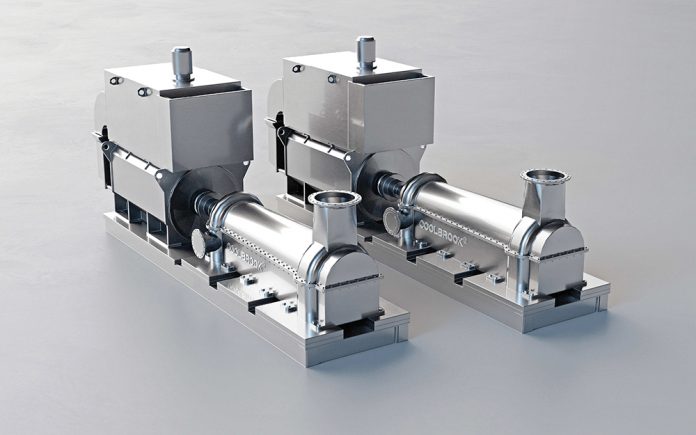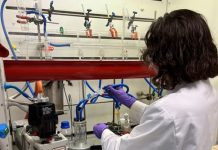New Oxbridge-developed tech could cut 30 per cent of industrial CO2 emissions.
Oxbridge-developed technology uses electrification to remove the need for burning of fossil fuels in high-emitting industrial processes.
Powered by electricity from renewable sources, the RDH is the only process heating technology in the world that can cut up to 30% of industrial CO2 emissions and over 7% of global CO2 emissions annually, according to Coolbrook, the company behind the technology.
The Roto Dynamic Heater (RDH) technology has been successfully tested in a pilot project in Finland and will be available for commercial use at scale in 2024. Construction materials company CEMEX was the first to announce it will use RDH to reduce CO2 emissions from its cement production. This is in addition to Coolbrook’s existing partnerships with ABB and Shell.
How the technology works
Industrial CO2 emissions originate primarily from three main sectors: petrochemicals and chemicals, iron and steel and cement production. The RDH, powered by electricity from renewable sources, can achieve process temperatures of up to around 1700ºC with high energy efficiency, meaning it can be used in processes that were impossible to electrify up until now, including in the highest-emitting industrial sectors. Its compact size means it can also be retro-fitted to existing facilities and help accelerate CO2 emission reduction investments.
The technology has been in development for over a decade and marks the second major technology developed by Coolbrook after its Roto Dynamic Reactor (RDR) which can be used to electrify the steam cracking process in the petrochemical industry.
Ilpo Kuokkanen, Executive Chairman of Coolbrook, said: “Today marks the beginning of a new industrial era. Coolbrook has set a target to build a committed and comprehensive ecosystem around its revolutionary technology to commercialise it as soon as possible. Together with ABB, CEMEX, Shell and our other partners in industry, academia, public sector and among key decision-makers we can roll out this revolutionary technology and achieve significant emission reductions in the most energy and CO2 intensive industrial processes that have been considered impossible to electrify.”
Roberto Ponguta, CEMEX vice-president of Global Operations, Technical and Energy, said: “The electrification of the production process is an important step towards fully decarbonising our cement operations. We are constantly looking for the best technologies and relationships to meet our Net Zero CO2 target. Our cooperation with Coolbrook will support us in achieving this ambition.”
Coolbrook Ltd. is a technology and engineering company which develops rotating technology combining space science, turbomachinery and chemical engineering to replace burning of fossil fuels across all major industrial sectors.










